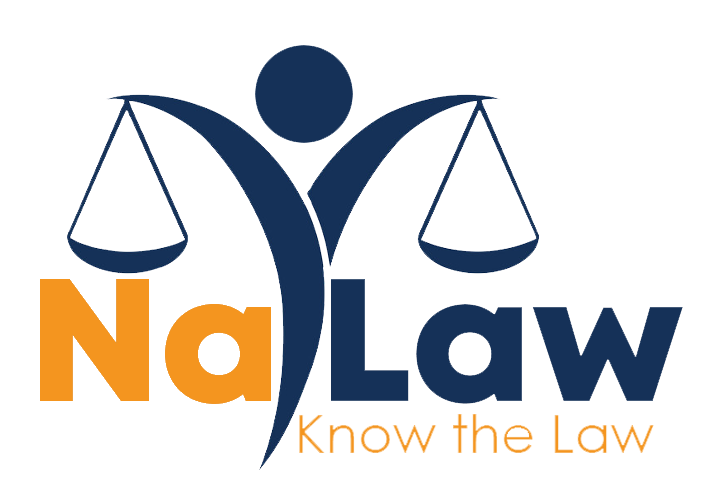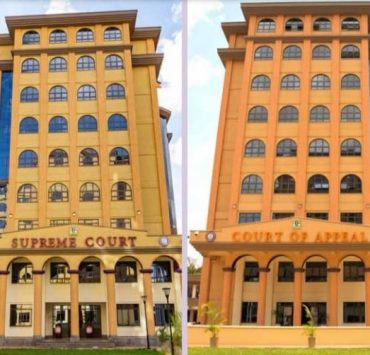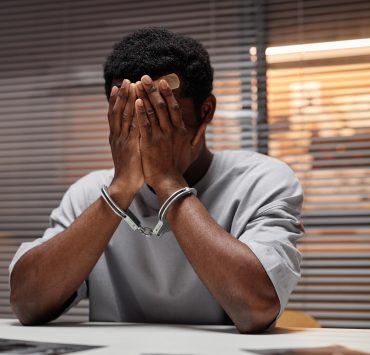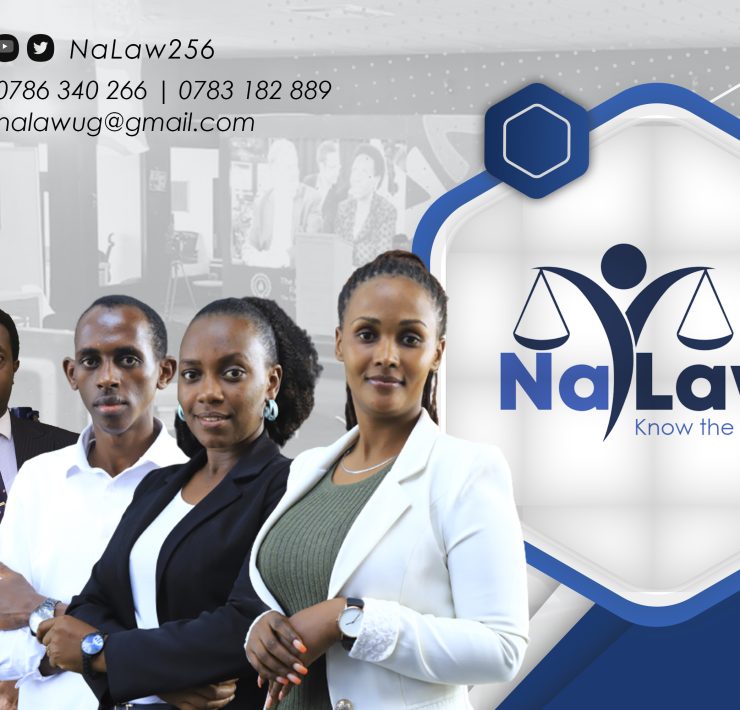WHY MEDIATION? AND NOT COURT PROCEEDINGS?
Disputes are an inevitable part of life, whether in business, family matters, or personal relationships. When disagreements arise, many people immediately think of going to court to resolve their issues. However, there is another, often more effective, way to settle disputes: mediation. Mediation is a process where a neutral third party helps the disputing parties come to a mutually agreeable solution. This method has gained popularity due to its many advantages over traditional court proceedings.
What is mediation and, What are court proceedings?
Mediation is a form of alternative dispute resolution (ADR) that involves the voluntary participation of both parties in a conflict. A mediator, who is an impartial third party, guides the discussion and helps the parties resolve. Unlike a judge in a courtroom, the mediator does not make decisions but facilitates communication to help the parties find common ground.
Court proceedings, on the other hand, involve a formal legal process where a judge (and sometimes a jury) makes a decision based on the evidence and legal arguments presented. This process includes filing a case, attending hearings, presenting evidence, and waiting for a verdict. While the court system is an essential part of justice, it can be time-consuming, costly, and emotionally draining.
How Mediation was Initiated in Uganda?
“ Meditation was first discovered by the ancient monks (yogis) of India over 5,000 years ago1. The first meditation technique predates Buddhism and Buddhist meditation by 2,500 years 1. The practice of mediation also developed in Ancient Greece and Roman civilisation2. Many scholars believe that mediation dates back to ancient Sumerian society.”
Mediation in Uganda is relatively new, though its principles are deeply rooted in traditional Ugandan practices. Historically, Ugandan communities relied on elders and community leaders to mediate disputes, focusing on reconciliation and maintaining relationships. Recognizing these cultural practices, the Ugandan judiciary, in the late 1990s and early 2000s, began exploring mediation as part of judicial reforms aimed at reducing case backlogs and improving access to justice.
Pilot projects were launched in selected High Court circuits, and their success led to the formal incorporation of mediation into Uganda’s legal framework. In 2013, the Civil Procedure (Mediation) Rules were introduced under the Civil Procedure Act, making mediation a mandatory step in certain civil cases before they could proceed to trial. This move marked a significant shift, embedding mediation within the formal justice system and aligning it with Uganda’s cultural values of dialogue and peaceful resolution.
Why Mediation Over Court Proceedings?
Cost efficiency and time-saving
For mediation, there is no time wasting since it has no specific procedure and cost friendly since there are little or no expenses involved. If anyone files a case to court there is a procedure to be followed and if any step is missed or jumped it will call for a review in case the judgment has been delivered, when it comes to mediation even if it’s the fast sitting resolutions can be made with the parties consent. So this makes mediation loved more than trial for the people that understand it very well.
Flexible and creative solutions
Mediation is flexible in that any procedure can be followed as long as there is no duress; it also promotes creativity which the court procedure doesn’t. So for this case, there is a need for people to adapt to the mediation.
Confidentiality and Privacy
The details of the dispute and the resolution remain confidential. Court proceedings, on the other hand, are typically public, which can lead to unwanted exposure and the risk of sensitive information being revealed.
Restoration of relationship
One of the key benefits of mediation is its focus on preserving relationships. Because the process is less adversarial than a court trial, it encourages cooperation and communication between the parties. This is particularly important in disputes involving family members, business partners, or community members, where maintaining a positive relationship is crucial.
Control and Dominion
In mediation, the parties have control over the outcome. They are not bound by a judge’s decision but rather come to an agreement that works for both sides. This sense of control can lead to greater satisfaction with the resolution and a higher likelihood of compliance with the agreed-upon terms.
Court Proceedings :
Complex Legal Procedures:
Filing of court documents seems to be it is so much procedural with a lot of do’s and don’ts well that is, which are complex legal procedures that you have to follow chronologically hence making many lose interest and leading to the violation of their rights
Costs:
Legal proceedings can be expensive, involving court fees, attorney fees, and other related expenses. This financial burden can prevent some individuals from pursuing their legal rights.
Time-Consuming:
Legal cases can be time-consuming, requiring extensive research, preparation of documents, court appearances, and waiting for decisions. This can be a barrier for individuals with busy schedules or urgent legal needs.
Emotional Stress:
Engaging in legal disputes can be emotionally draining and stressful. Some individuals may find it difficult to navigate the emotional challenges associated with pursuing a case in court.
Lack of Legal Knowledge:
Understanding legal concepts, terminology, and procedures can be daunting for individuals without a legal background. This lack of knowledge may deter some people from pursuing legal action.
Fear of Retaliation:
Some individuals may fear retaliation or negative consequences from the opposing party, especially in cases involving sensitive issues or powerful entities.
If you are facing challenges in filing a case in court, it may be beneficial to seek assistance from a legal professional or legal aid organisation. They can provide guidance on the legal process, help assess your case, and determine the best course of action to protect your rights.





